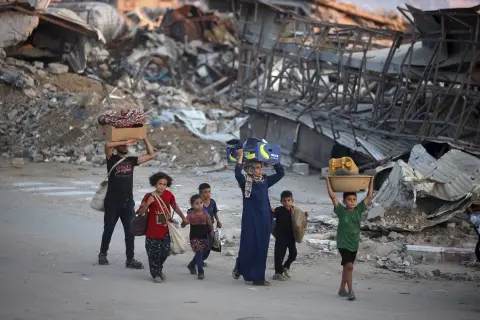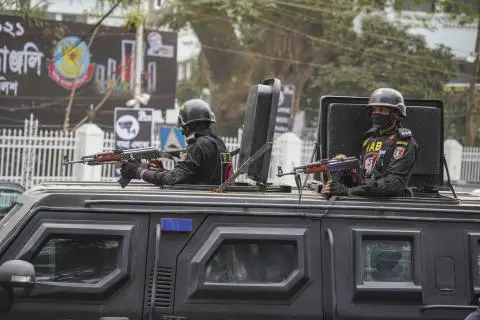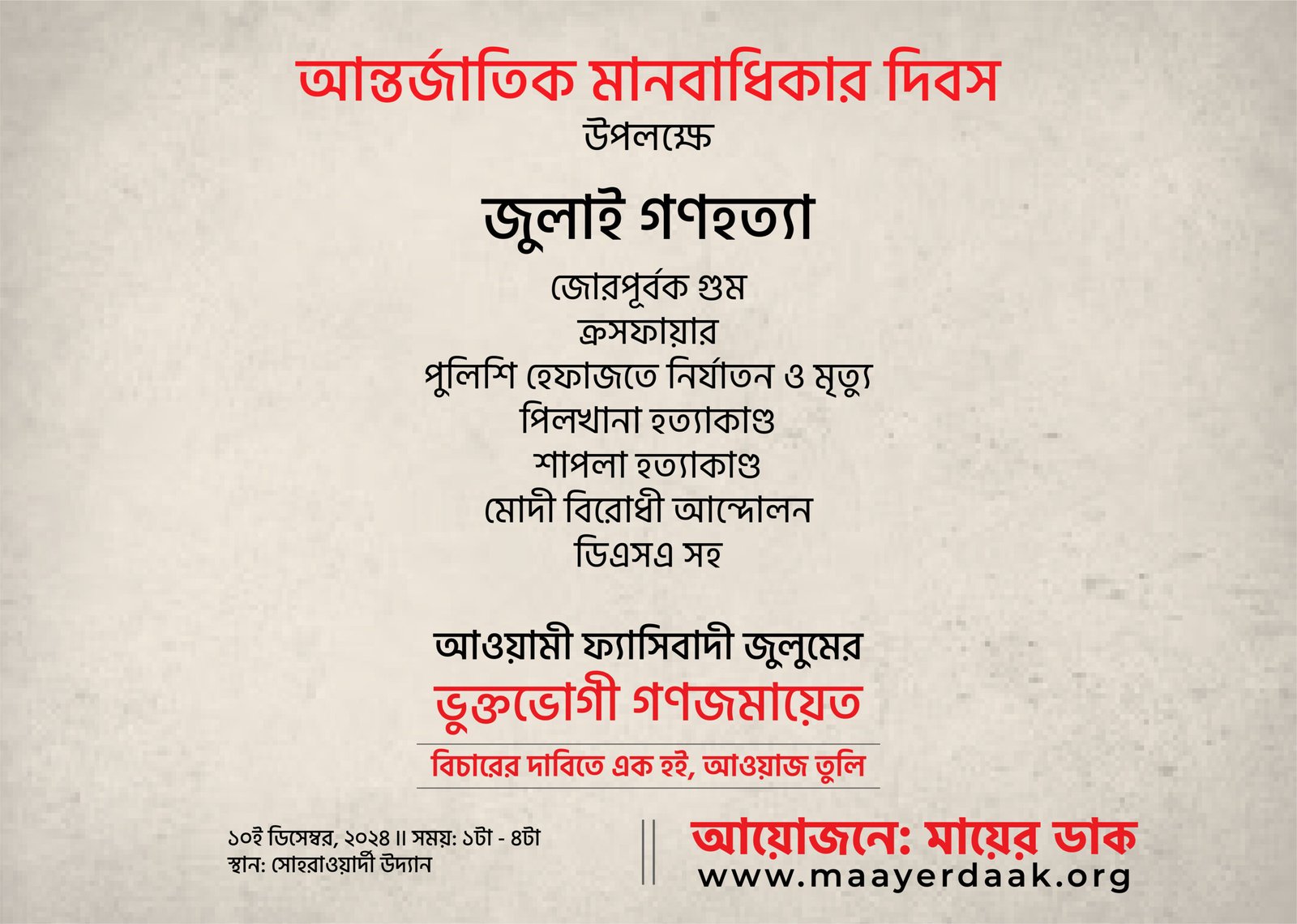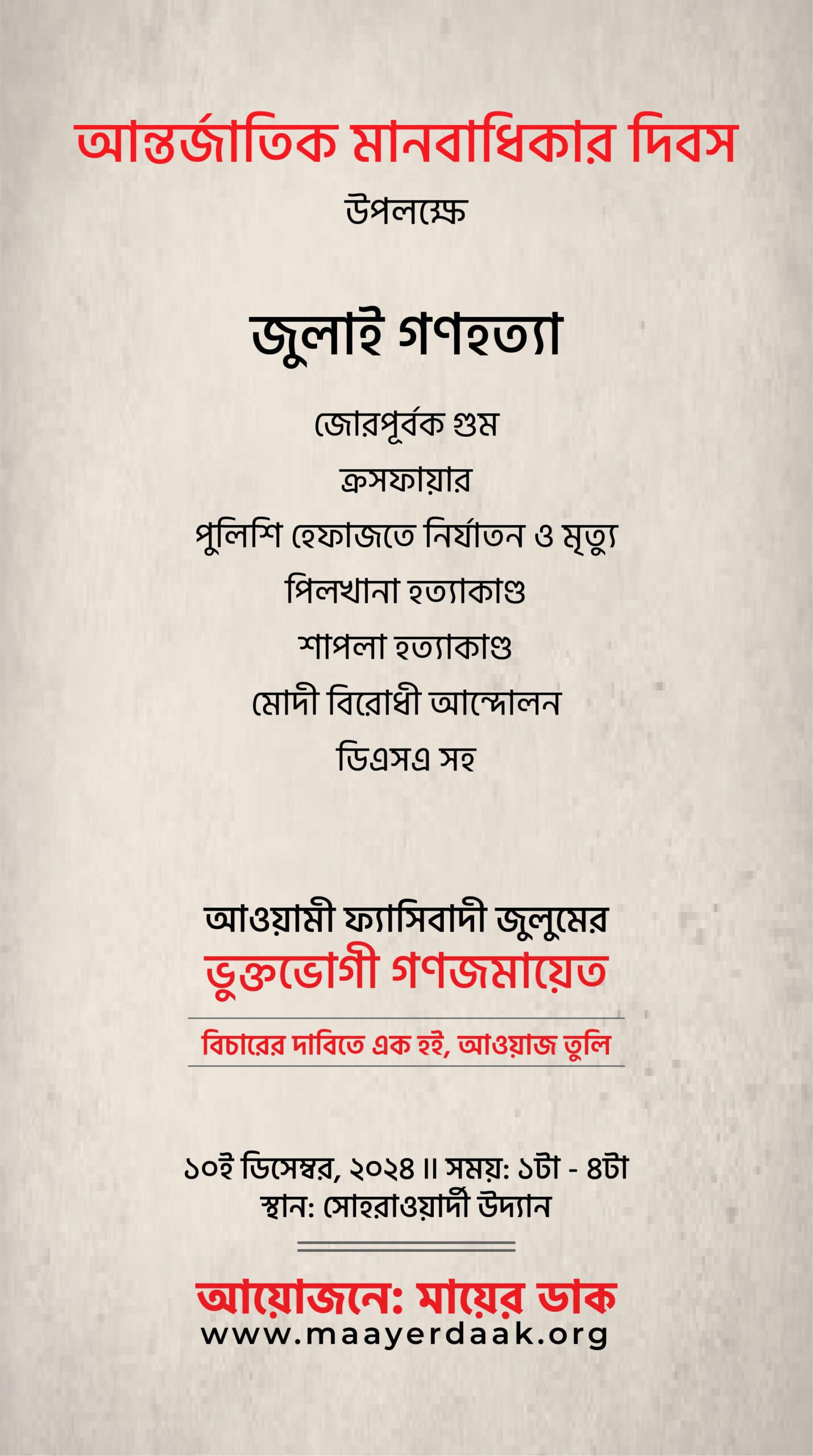The Hague, 11 July 2024: Today, the International Commission on Missing Persons (ICMP) joins the families of the victims and the global community in commemorating the 29th anniversary of the Srebrenica Genocide. On this day, we remember the more than 8,000 men and boys who were murdered in July 1995 and reaffirm our commitment to ensuring that the truth about these atrocities is revealed and justice is served.
This year also marks a significant step forward in the international community’s recognition of the Srebrenica Genocide. The United Nations has adopted a resolution reaffirming the importance of remembering the victims and preventing such atrocities in the future. This resolution testifies to the enduring impact of the Srebrenica Genocide and the global commitment to upholding human rights and dignity.
Fourteen victims of the Srebrenica Genocide will be laid to rest this year at the Srebrenica-Potočari Memorial Center. Their identification and burial bring a measure of closure to their families, who have endured years of anguish and uncertainty. ICMP, through its dedication and advanced forensic techniques, continues to support these families by assisting the institutions in Bosnia and Herzegovina to identify the remains of their loved ones.
“Each year, as we commemorate the Srebrenica Genocide, we are reminded of the critical importance of the work of locating the victims whose mortal remains were buried in hundreds of clandestine mass graves in and around Srebrenica, or who died in an attempt to flee execution,” said Kathryne Bomberger, ICMP Director-General. “Our commitment to the families of Srebrenica is unwavering. We will continue to use the latest scientific methods to provide answers, to ensure that the truth is known, and to seek justice for those who have suffered immeasurable loss.”
More than 7,000 of the 8,000 victims of the Genocide have been identified, the vast majority through DNA testing. The DNA-led process has been indispensable because the perpetrators of the Srebrenica Genocide tried to hide the evidence of their crime by systematically digging up mass graves in the weeks and months after the murders and distributing the bodies of victims in secondary and tertiary clandestine graves across eastern Bosnia.
On average, seven or eight separate DNA match reports are issued for each identified victim. This is because the bones of individual victims have been found in multiple mass graves.







